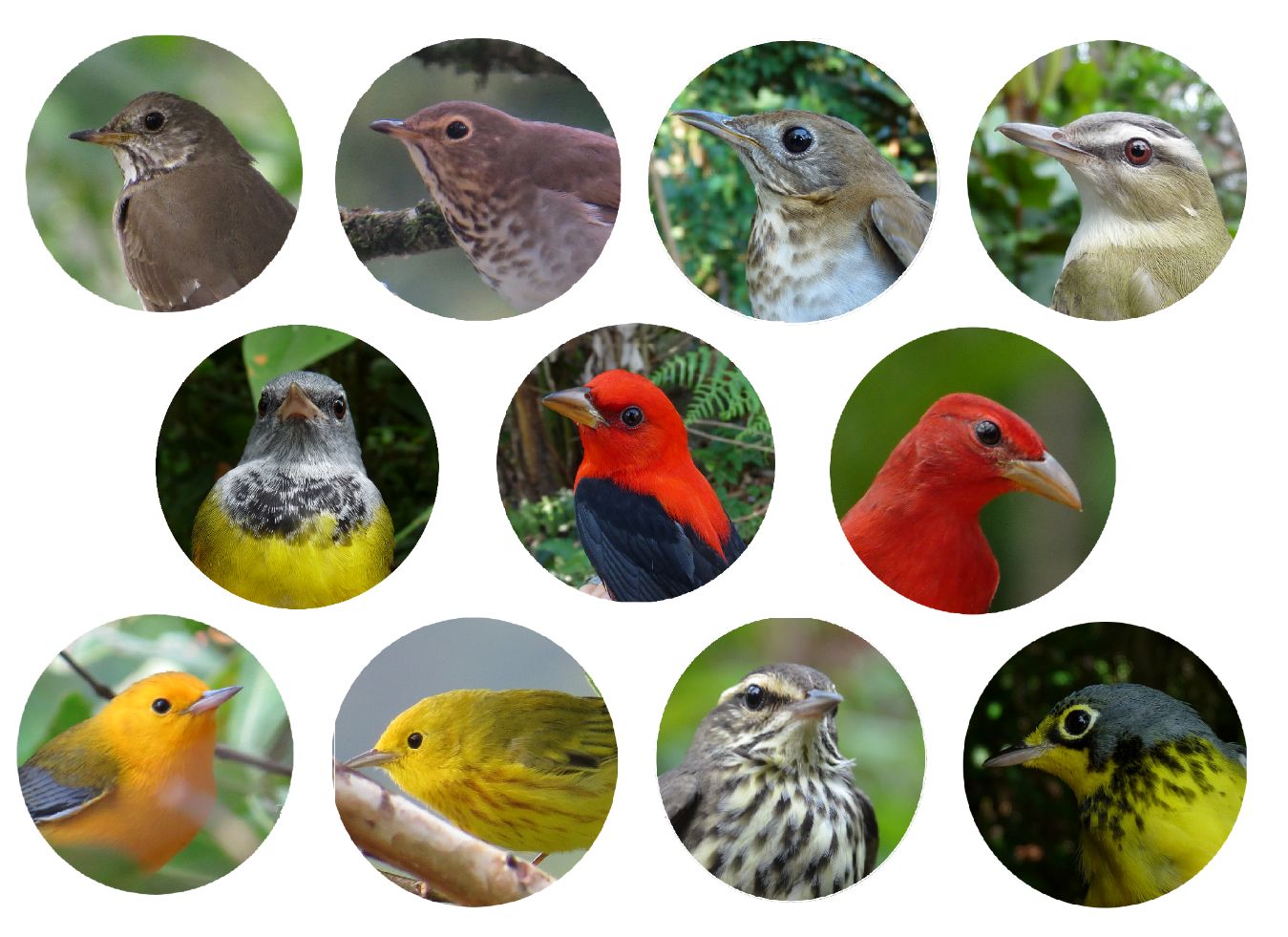By Catherine Lindell, Editor-in-Chief, Ornithological Applications
In honor of World Migratory Bird Day in the Americas on 9 October, we draw attention to some of the articles and blog posts about migratory birds that have been published in the AOS journal, Ornithological Applications (formerly, The Condor), the journal Ornitología Neotropical, and on AOS’s Wing Beat blog from 2019 through 2021. Given our changing world, migratory birds are particularly at risk because they traverse many different regions during their annual journeys. Generating information on their paths, their habitat preferences, and their survival helps guide conservation efforts to protect them.
World Migratory Bird Day in the Americas is celebrated this year on 8 May (read our related blog post) in the U.S. and Canada, and on 9 October in Mexico, Central and South America, and the Caribbean. The articles we’re highlighting address topics ranging from the migratory patterns of shorebirds off the Atlantic coast of North America, to the importance of California’s Central Valley for migrants, to the potential consequences of climate change for intracontinental migrants in South America. We also include several articles about migrants published in Ornitología Neotropical, a journal that focuses on the biology of Neotropical migrant birds.
We hope this collection of important research serves as inspiration for you to learn more and get involved in conservation efforts for migratory birds.
Articles from Ornithological Applications (formerly, The Condor)
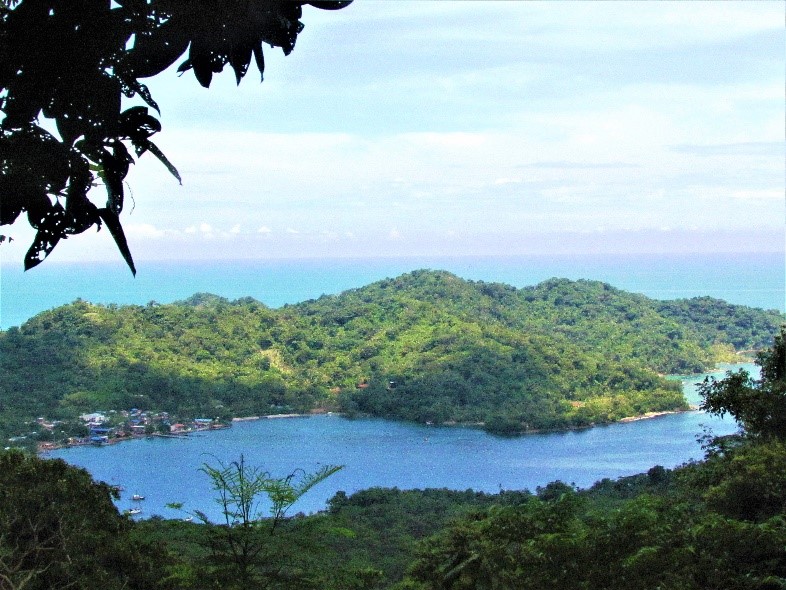
Defining catchment origins of a geographical bottleneck: Implications of population mixing and phenological overlap for the conservation of Neotropical migratory birds
by Laura Cardenas-Ortiz, Nicholas J. Bayly, Kevin J. Kardynal, and Keith A. Hobson. 2020.
Related Wing Beat post
Is the Darién Region of Colombia a Migratory Bottleneck for Neotropical Migrants?
by Laura Cárdenas-Ortiz & Nicholas Bayly
Supportive wind conditions influence offshore movements of Atlantic Coast Piping Plovers during fall migration
by Pamela H. Loring, James D. McLaren, Holly F. Goyert, and Peter W.C. Paton. 2020.
The benefits of using topographic features to predict climate-resilient habitat for migratory forest landbirds: An example for the Rusty Blackbird, Olive-sided Flycatcher, and Canada Warbler
by Shannon Bale, Karen F. Beazley, Alana Westwood, and Peter Bush. 2020.
Heterogeneity in migration strategies of Whooping Cranes
by Aaron T. Pearse, Kristine L. Metzger, David A. Brandt, Mark T. Bidwell, Mary J. Harner, David M. Baasch, and Wade Harrell. 2020.
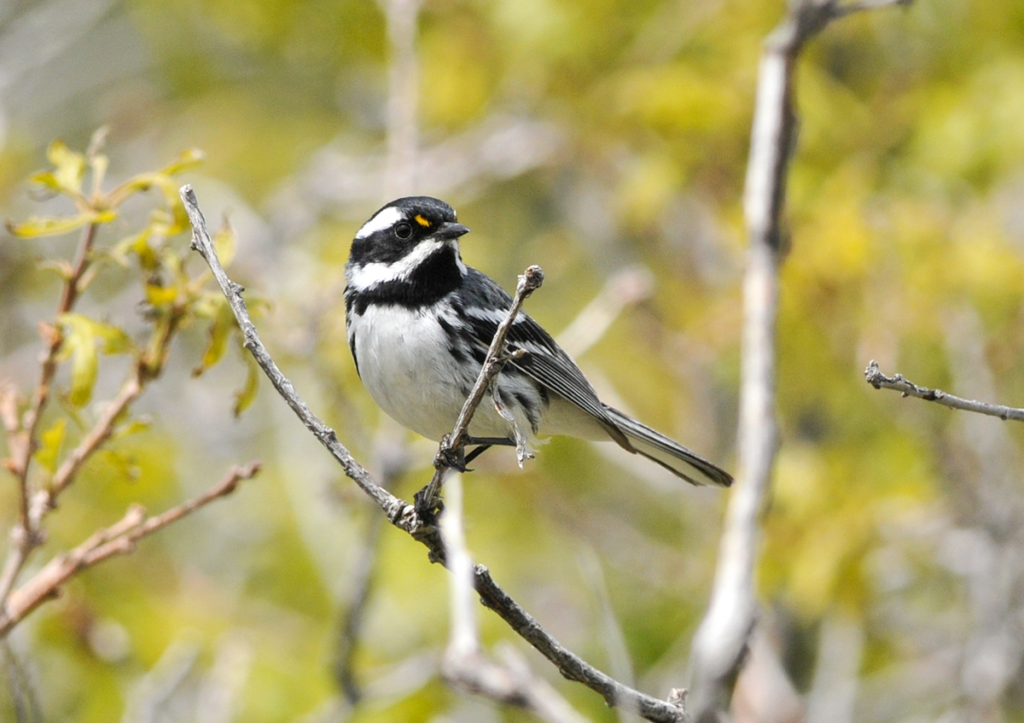
The Colorado River Delta and California’s Central Valley are critical regions for many migrating North American landbirds
by William V. DeLuca, Tim Meehan, Nat Seavy, Andrea Jones, Jennifer Pitt, Jill L. Deppe, and Chad B. Wilsey. 2021.
Related Wing Beat post
Migratory Gems of the American West by William V. DeLuca
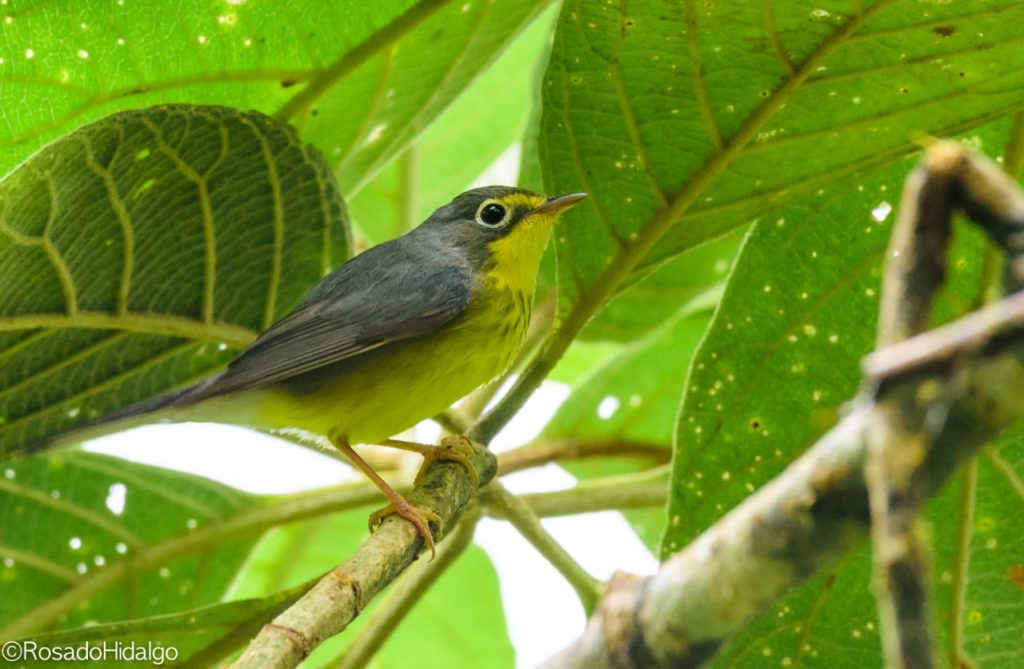
Contrasting the suitability of shade coffee agriculture and native forest as overwinter habitat for Canada Warbler (Cardellina canadensis) in the Colombian Andes by Ana M. González, Scott Wilson, Nicholas J. Bayly, and Keith A. Hobson. 2020.
Related Wing Beat post
Helping Migratory Birds While We Drink Our Coffee by Ana M. González
Radio-tracking reveals insight into survival and dynamic habitat selection of fledgling Cerulean Warblers by Douglas W. Raybuck, Jeffery L. Larkin, Scott H. Stoleson, and Than J. Boves. 2020.
Concentration of a widespread breeding population in a few critically important nonbreeding areas: Migratory connectivity in the Prothonotary Warbler by Christopher M. Tonra, Michael T. Hallworth, Than J. Boves, Jessie Reese, Lesley P. Bulluck, Matthew Johnson, Cathy Viverette, Katie Percy, Elizabeth M. Ames, Alix Matthews, Morgan C. Slevin, R. Randy Wilson, and Erik I. Johnson. 2019.
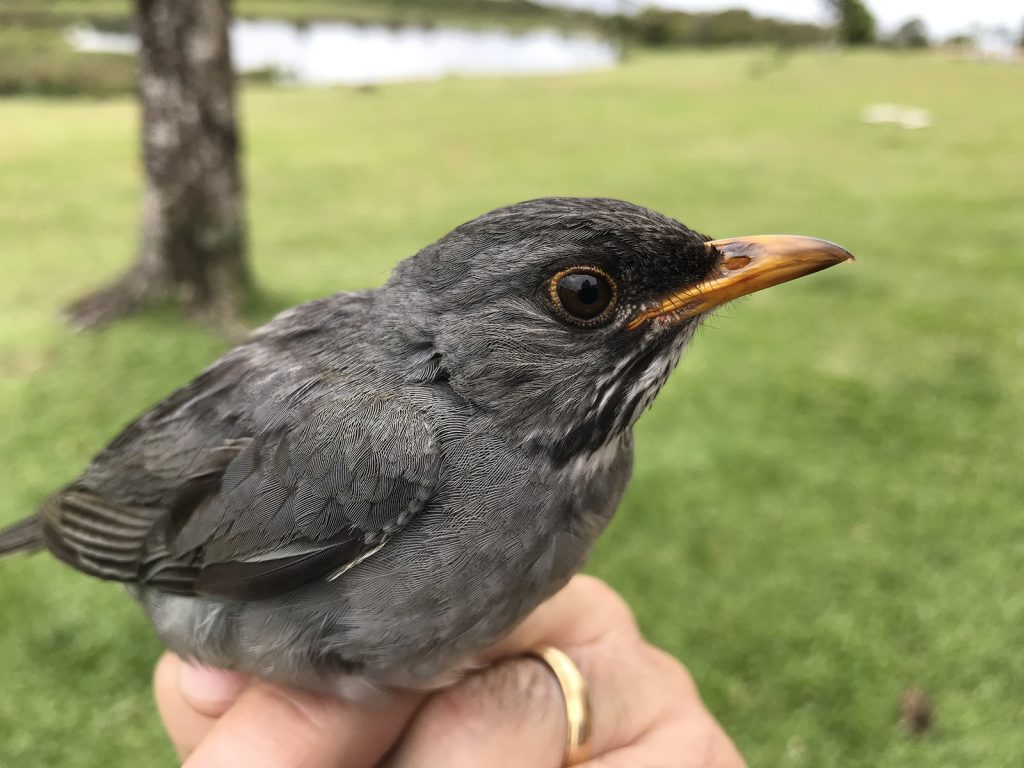
Future climate change will impact the size and location of breeding and wintering areas of migratory thrushes in South America by Natália Stefanini Da Silveira, Maurício Humberto Vancine, Alex E. Jahn, Marco Aurélio Pizo, and Thadeu Sobral-Souza. 2021.
Related Wing Beat post: How will migratory birds in South America adapt to future climate change? by Natália Stefanini
Articles from Ornitología Neotropical
The following are papers addressing migration issues published in Ornitología Neotropical from 2020–2021. These papers can be accessed at: https://journals.sfu.ca/ornneo/index.php/ornneo
Longitudinal and cyclic poleward migration of a South American intratropical migrant flycatcher, the Lesser Elaenia (Elaenia chiriquensis) by André de Camargo Guaraldo. 2021.
Miniature GPD data loggers reveal habitat affiliations and movement of Veery (Catharus fuscescens) during their first non-transient period in South America by Christopher M. Heckscher, Devin Mendez, Keith A. Hobson, Armando A. Aispuro, Nicole Kleponis, Alan H. Kneidel, Melanie L. Mancuso, Kevin Kardynal. 2021.
Transient Swainson’s Thrush (Catharus ustulatus) wintering in the Andean foothills of Ecuador are almost exclusively males by Daniel Inserillo, Leonard Reitsma, Keith Larson, Joseph Smith, and Alejandra Camacho. 2020.
Body condition of the Upland Sandpiper (Bartramia longicauda) en route through Central Mexico by Alejandro Pérez-Arteaga, Carlos Cristian Martínez Chavez, and Javier Salgado-Ortiz. 2019.
